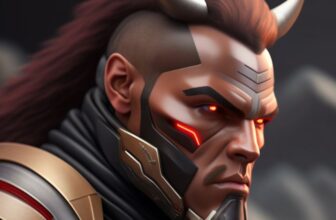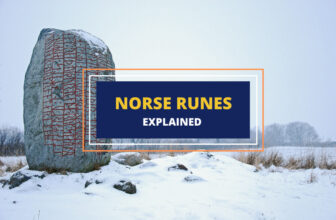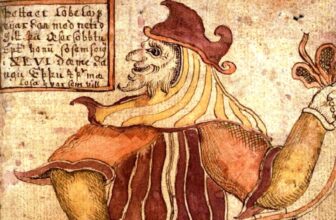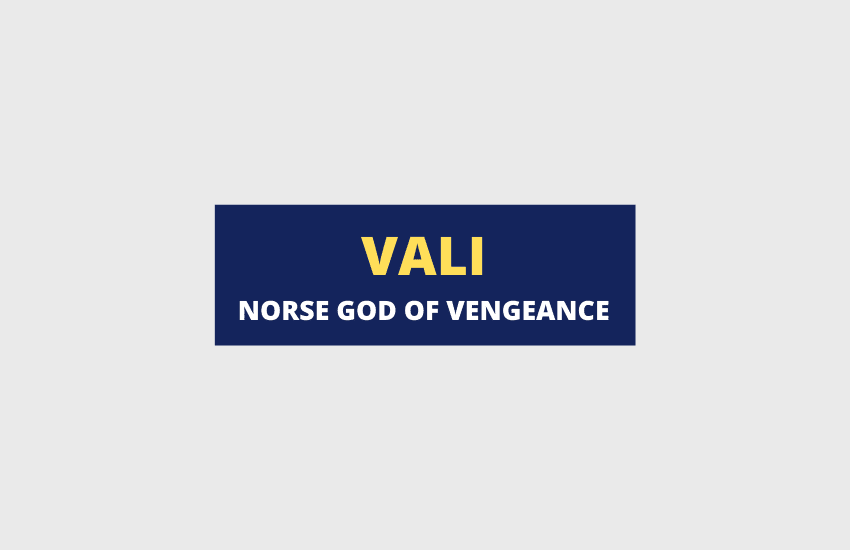
Table of Contents
Vali is one of the two Norse gods of vengeance, the other one being Vidar. Both are sons of Odin and both seem to exist almost exclusively for the purpose of delivering vengeance to those who harm other members of Odin’s family. While Vidar is the official bearer of the title God of Vengeance, Vali’s claim to the title comes from his rather unique birth and “journey” to adulthood.
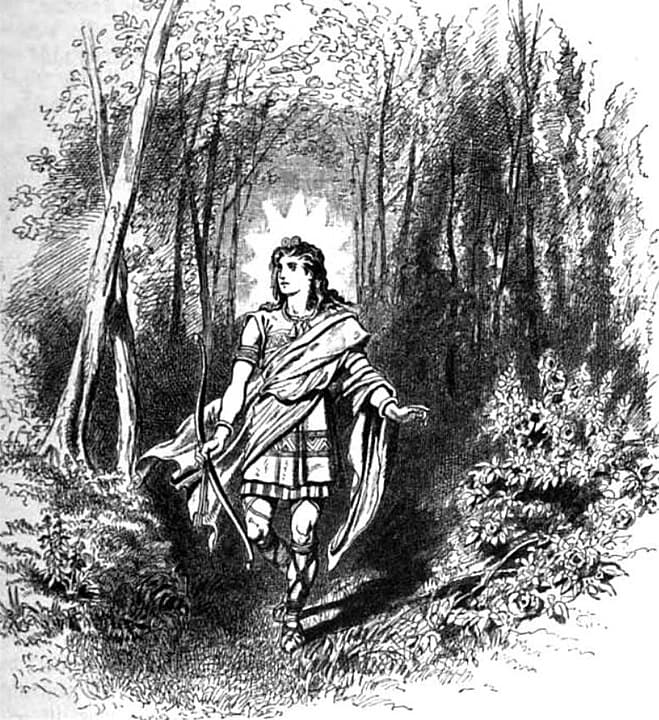
Who is Vali?
Vali, or Váli, is one of the many sons of Odin. His mother was the giantess Rindr and not Odin’s wife Frigg. This is worth noting since Vali seems to have been born specifically to avenge the death of Frigg’s favorite son Balder.
From Infant to Adult and Murderer in a Day
One of the most unique aspects of Vali’s story is how quickly he reached adulthood and accomplished the task for which he was born.
Balder, the god associated with beauty, fairness, innocence, and peace, was the favorite of Frigg and Odin but he was tragically killed by mistake by his own twin, the blind god Höðr. The murder wasn’t intentional, as Höðr was tricked into killing Balder by the god of mischief Loki.
In a stunning display of female solidarity, the giantess Rindr gave birth to Vali on that same day so that he could instantly grow into an adult and avenge the death of Frigg’s favorite son. Across all of Norse mythology, Odin is often described as cheating on Frigg with other goddesses and giantesses, but this was probably one instance of adultery that Frigg didn’t mind.
Vali’s vengeance was gruesome, and some might argue that it wasn’t especially just.
The first thing the vengeful newborn adult did was to kill Balder’s twin and his own half-brother Höðr even though Höðr hadn’t mean to kill Balder and was tricked into doing so because of his blindness.
After the fastest fratricide in human history/mythology, Vali directed his attention to the true murderer of Balder – Loki. Instead of doing everyone a favor and killing the trickster god right then and there, Vali killed Loki’s son Narfi and bound Loki with his son’s entrails.
One of Very Few Gods to Survive Ragnarok
Ragnarok, the Final Battle in Norse mythology, is often said to have brought the end of the world. Some sources state specifically that all of existence came to an end after Ragnarok before a new cycle of life could begin.
Many other sources, however, say that certain gods survived the final battle and went to live on in exile. Four gods are mentioned by name and all of them belong to a so-called “younger generation” of gods.
Two of them are the sons of Thor – Magni and Móði. The other two are both gods of vengeance and sons of Odin – Vali and Vidar. Vidar’s role during Ragnarok itself is described in detail since he performed his most famous deed during the battle itself when he killed Odin’s killer, the giant wolf Fenrir. Vali isn’t said to have done anything particularly noteworthy during Ragnarok but he’s prophesied to survive it together with Vidar.
Symbolism of Vali
Vali symbolizes vengeance. The fact that he grew into an adult within a day of Balder’s death can also be seen to symbolize not just vengeance but “swift vengeance”.
Probably most symbolic of Norse culture and views, however, is the fact that Vidar and Vali are two of the only four gods to survive Ragnarok. All four of them were the young sons of gods involved in Ragnarok but they themselves weren’t at fault for the final battle happening in the first place. All that the young generation could do was exact vengeance on the wrong-doers and step away from the world as it came undone.
Importance of Vali in Modern Culture
While his story is definitely fascinating, Vali is far from popular in modern culture and literature. In fact, we can’t think of a single mention of Vali in modern books, video games, movies, or other media. Hopefully, someone author will correct this soon.
Wrapping Up
As a god of vengeance and one with a unique origin story, Vali remains one of the most interesting of the Norse gods. Although he isn’t very significant in the myths and doesn’t feature in many stories, the fact that he, along with three others, survives Ragnarok distinguishes him and sets him apart from most of the other gods.




